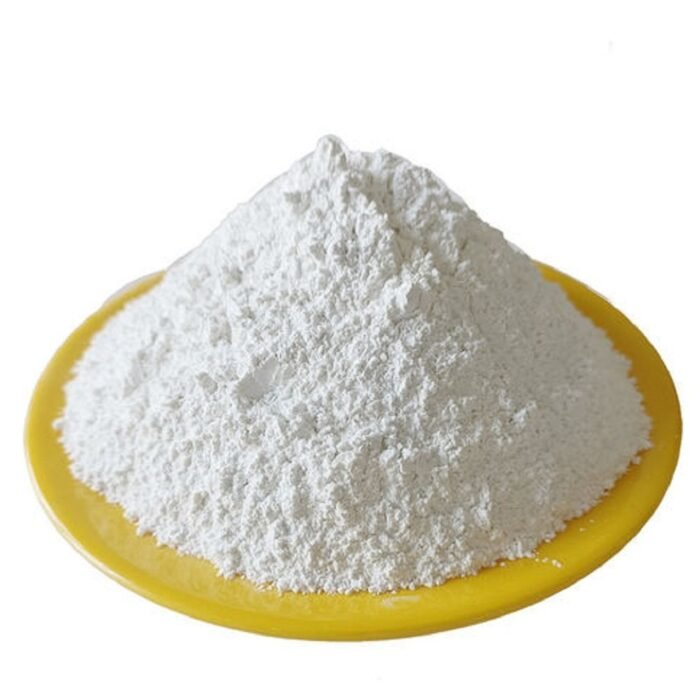Calcium carbonate is widely used in various industries due to its natural abundance and beneficial properties. When coated, it becomes even more effective, especially in the manufacturing of plastics and paints. This enhanced version improves product quality, durability, and performance.
Benefits in the Plastic Industry
The use of coated calcium carbonate powder in plastic production helps manufacturers achieve better material properties. It enhances strength while reducing overall costs by replacing a portion of expensive polymer resins. This makes the final product more durable without compromising flexibility. Additionally, it improves dispersion within the plastic mixture, leading to a smooth and even texture.
Another important advantage is its contribution to heat resistance. Plastics with this additive can withstand higher temperatures without deforming, making them suitable for various applications, including packaging and automotive parts. Furthermore, it enhances the overall whiteness and opacity of plastic products, eliminating the need for additional whitening agents.
Role in Paint Formulation
In the paint industry, coated calcium carbonate powder is used to improve texture, brightness, and coverage. It enhances opacity, allowing paints to provide better coverage with fewer coats. This is particularly beneficial in decorative paints, where a smooth and even finish is essential.
It also acts as a rheology modifier, helping to control the paint’s flow and consistency. This prevents settling during storage and ensures easy application. Additionally, it contributes to durability by making the paint more resistant to wear, weather conditions, and environmental factors.
Enhancing Adhesion and Durability
Both plastics and paints require strong adhesion to surfaces to ensure longevity. The presence of coated calcium carbonate powder improves bonding, allowing paints to stick more effectively to walls, wood, and metal surfaces. In plastics, it strengthens the structure, preventing cracking or breaking under pressure.
Moreover, this additive reduces moisture absorption, which is a crucial factor in maintaining the integrity of both materials. By minimizing water retention, it helps prevent defects such as blistering in paints and brittleness in plastics.
Eco-Friendly and Cost-Effective Solution
Sustainability is a key concern in modern manufacturing. The use of coated calcium carbonate powder supports eco-friendly practices by reducing reliance on synthetic additives. Since it is derived from natural sources, it offers a non-toxic and safe alternative for improving material properties.
Additionally, it lowers production costs by replacing more expensive components. This makes it an ideal choice for companies looking to enhance product quality while maintaining affordability.
Conclusion
Coated calcium carbonate powder plays a significant role in enhancing the quality of plastics and paints. It improves strength, durability, and performance while ensuring cost efficiency. Whether in plastic production or paint formulation, its benefits make it a valuable addition to modern manufacturing processes.



